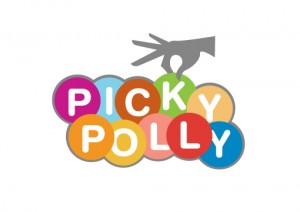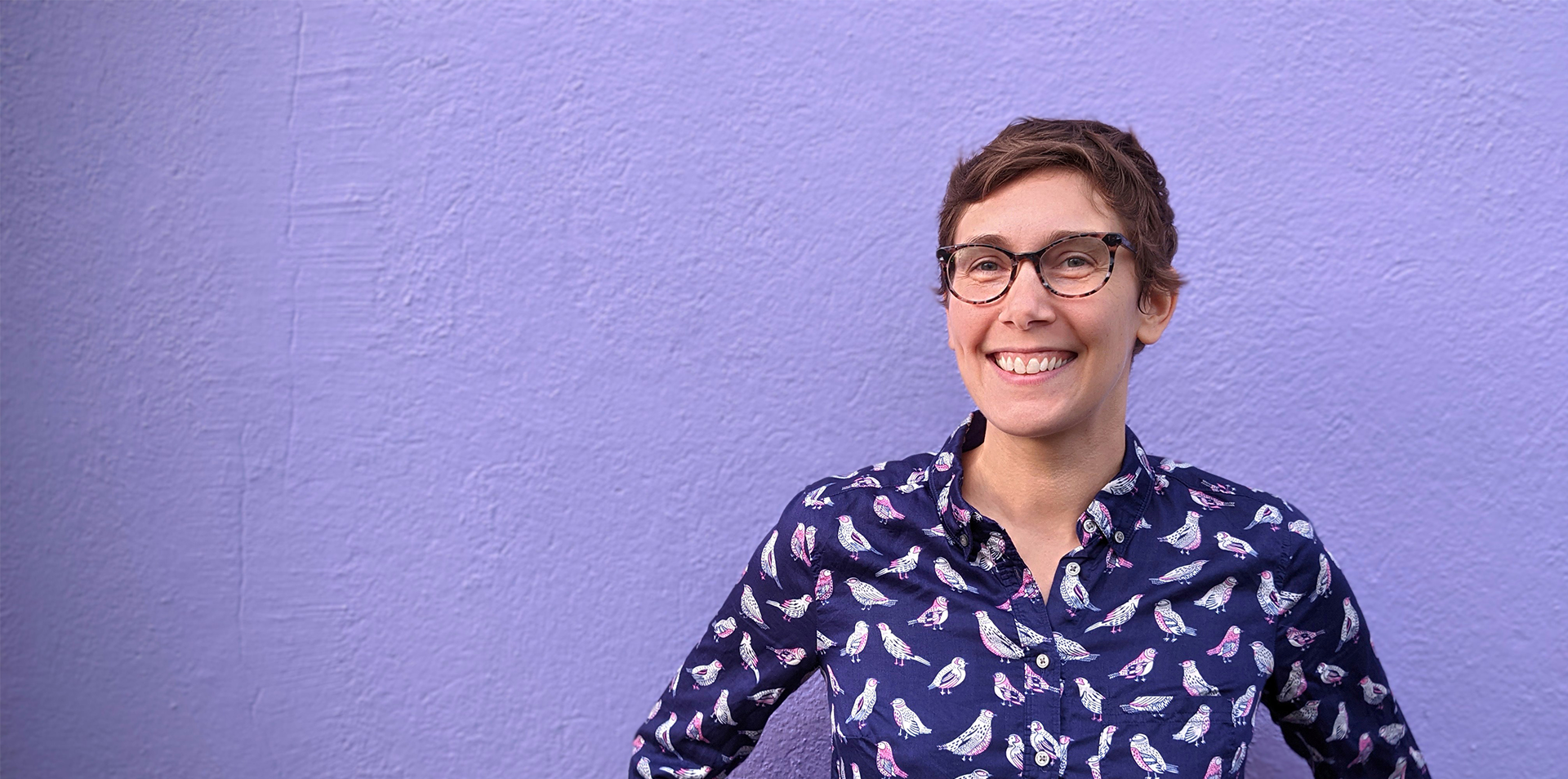I recently had the opportunity to connect with Kedar to learn about a new project to help users measure and manage their consumption, in effect encouraging them to control their environmental impact. I found the project so interesting that I wanted to share it with you here in an interview, covering some key questions from Kedar. There’s also a chance for you to provide your feedback, ideas, and even contribute!
—–
Kedar is an activist of sustainable living and collaborative creation. He is involved with BarCamp events, TwtrTales, a twitter based story writing project and Picky Polly. His learnings come from experiences that span an education in electronics and telecommunications, multi-cultural professional engagements in software development and communications, a business administration student life in pretty Paris and experiments in implementing technological solutions for social challenges.
Since turning vegetarian over a year ago due to self consciousness about the unsustainable nature of meat production, he has been trying to think of solutions that could better engage people to change their current habits for collective good.
Where did the idea for Picky Polly come from?
 Since moving to Dubai over 3 years ago, I’ve observed that this city is the epitome of excessive consumption. UAE residents also have one of the largest ecological footprints on our planet. Using this behavior among residents as inspiration I felt compelled to do something about it.
Since moving to Dubai over 3 years ago, I’ve observed that this city is the epitome of excessive consumption. UAE residents also have one of the largest ecological footprints on our planet. Using this behavior among residents as inspiration I felt compelled to do something about it.
Taking the lead from other measurement tools like the Google Power Meter that helps people take control of their energy usage and alter behavior, I felt mobile devices could act as an even more powerful tool in providing information and changing they way we shopped and used things in addition to household energy consumption.
Thus came along the idea of a personal ecological footprint measurement tool that helps people make better choices and transform lifestyles, Picky Polly.
What’s your goal for the new tool?
As a society we have largely stopped being picky about things we consume. But as co-inhabitants of this single planet we need to take more control and responsibility for the types of lives we lead. This consciousness and reason to change for our collective sustainability can only come from the awareness of our individual impact due to over consumption. Picky Polly aims to deliver that information for every item used by us and also help transform us by learning from our peers’ behaviors.
What’s different about Picky Polly from other “consumption + competition” tools people may have used before on facebook or elsewhere?
Numerous websites and mobile applications currently exist to help us get a rough idea of our ecological footprints by asking us questions to approximate our lifestyle patterns e.g. number of people in a household, distance driven in a month, miles flown in a year, vegetarian/ non-vegetarian, etc. These are good measuring tools in raising awareness about the ecological disaster that lies ahead, but they do not sufficiently motivate me to alter my behavior with using plastic bags at the corner store or buying a cup of coffee on my way into work or eating a burger from a popular fast-food chain. These are the kinds of purchases or behaviors, if changed will result in significantly larger social change.
I have not yet come across a robust and handy mobile solution that takes all the disparate pieces of information available to help people track their current impact and alter it based on self improvement, peer reviews and expert recommendations.
Picky Polly is simply an open and collaborative technological tool, firstly providing people a better way to measure themselves and secondly to provide relevant and contextual feedback (with incentives/ rewards) to alter their lifestyle patterns/ choices.
What are the implications of such a tool on our production-heavy consumption-driven society?
There are numerous way this tool can improve the way the consumption cycle of our society change. It is meant to work it’s way from the conscious measurement of people’s behavior.
- Social Change: Better inform people to make the right choices
- Information Transparency: Better labeling of products and inquiry into resource usage, labor use, toxics, health, etc
- Government policy: Rewarding citizens for their behavioral changes and better regulating toxic products.
- New product development: Helping businesses learn from changes in social behavior and better adapt products/ packaging to people’s sustainable needs.
- Community production: Encouraging entrepreneurs to find community solutions to meet the localized needs.
These are just some ways, that come my mind, Picky Polly can assist the different parties mentioned from its measurements of local lifestyle patterns.
What help could you use at this stage?
I am no expert in the field of sustainable living, rather a passionate fellow citizen of this world who could use help and collaboration from
- the Netsquared community in the form of feedback on the idea,
- experts in understanding the footprint life cycle consumables,
- game designers to help design compelling social incentives,
- 3. mobile application developers to build a robust prototype.
Additionally, I’m aware that such a project requires reasonable commitment of time from the above people and hence any financially support from a believer in the idea for the creation of a working prototype is also most welcome.
PS: Financers will of course be rewarded a stake in the eventually funded entity. 🙂
What else are you working on?
I’m also involved in TwtrTales, a project that would like to leverage the creative potential of twitter users in writing collaborative stories. This project has many similarities with Picky Polly, like co-creator credits, collaboration between participants and peer reviews which I’m learning more about as I go along.
How can readers get involved or follow your work?
I have recently started a Tumblog at www.pickypolly.com to document efforts by others providing practical information on sustainable living and to include podcasts with individuals and organizations that help make better everyday choices.
Additionally, I’m can be reached on Twitter, would also love to converse with you over email at kedar dot iyer at gmail.com or connect on LinkedIn.

Interview: Kedar Iyer, PickyPolly – mobile app for personal ecological footprint measurement from @floatr – https://amysampleward.org/2010/06/28/inte…